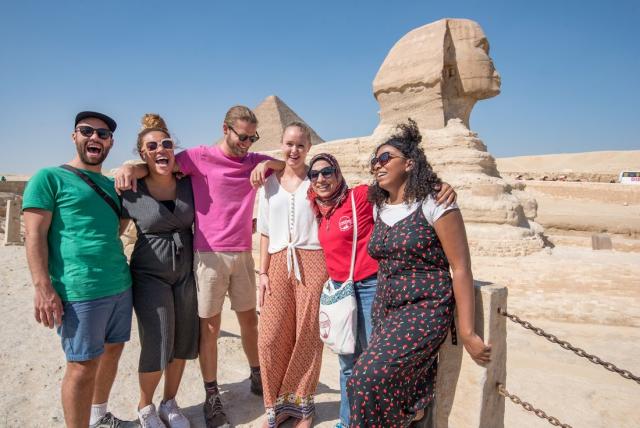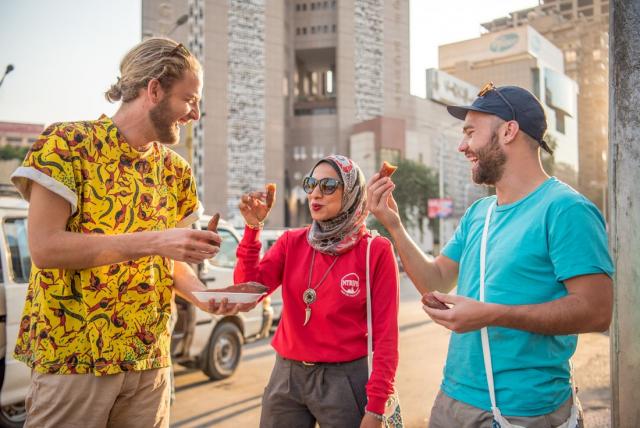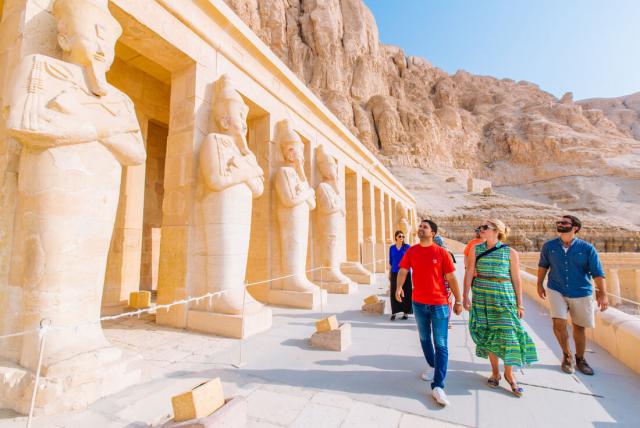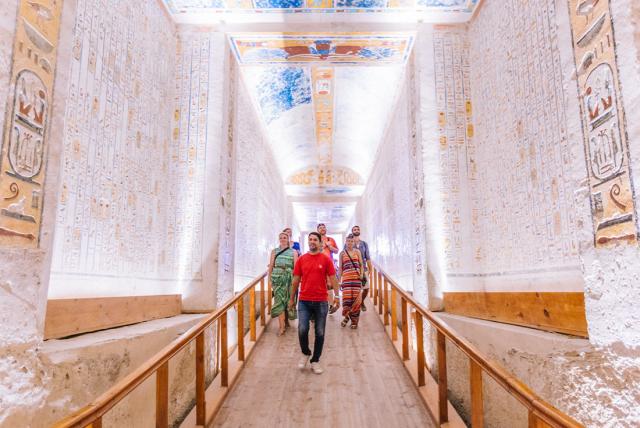Cookie Policy | Privacy Policy | Booking Conditions | SMS | Site Map
Israel is a country located in the Middle East, bordered by Lebanon, Syria, Jordan, Egypt, and the Mediterranean Sea. Its capital is Jerusalem, and its largest city is Tel Aviv. Israel has a population of approximately 9.4 million people, with Hebrew and Arabic as the official languages.
Israel is a parliamentary democracy and has a diverse economy that includes high-tech industries, agriculture, and tourism. The country is also known for its historical and religious significance to Judaism, Christianity, and Islam, and its[...]
Israel is a country located in the Middle East, bordered by Lebanon, Syria, Jordan, Egypt, and the Mediterranean Sea. Its capital is Jerusalem, and its largest city is Tel Aviv. Israel has a population of approximately 9.4 million people, with Hebrew and Arabic as the official languages.
Israel is a parliamentary democracy and has a diverse economy that includes high-tech industries, agriculture, and tourism. The country is also known for its historical and religious significance to Judaism, Christianity, and Islam, and its ongoing conflict with the Palestinians over the disputed territories of the West Bank and Gaza Strip.
Israel offers a wide range of activities and experiences for visitors. Here are a few examples. Explore the outdoors: Israel has many national parks, nature reserves, and hiking trails, including the desert landscapes of the Negev and the green hills of the Galilee.
Israel has a long coastline with many beautiful beaches, from the Mediterranean in the west to the Red Sea in the south. Learn about history and culture: Israel has a rich and complex history, and there are many museums, archaeological sites, and cultural events that showcase the country's heritage.
Israeli food is a mix of Middle Eastern and Mediterranean flavors, with fresh ingredients, spices, and diverse culinary traditions. Enjoy the nightlife: Tel Aviv is known for its lively nightlife scene, with many bars, clubs, and restaurants open late into the night.
The Dead Sea is a unique destination for relaxation and wellness, with its mineral-rich waters and therapeutic mud. Experience religious sites and traditions: Israel is a holy land for Judaism, Christianity, and Islam, and there are many important religious sites, as well as festivals and ceremonies that celebrate these traditions.
Israel






